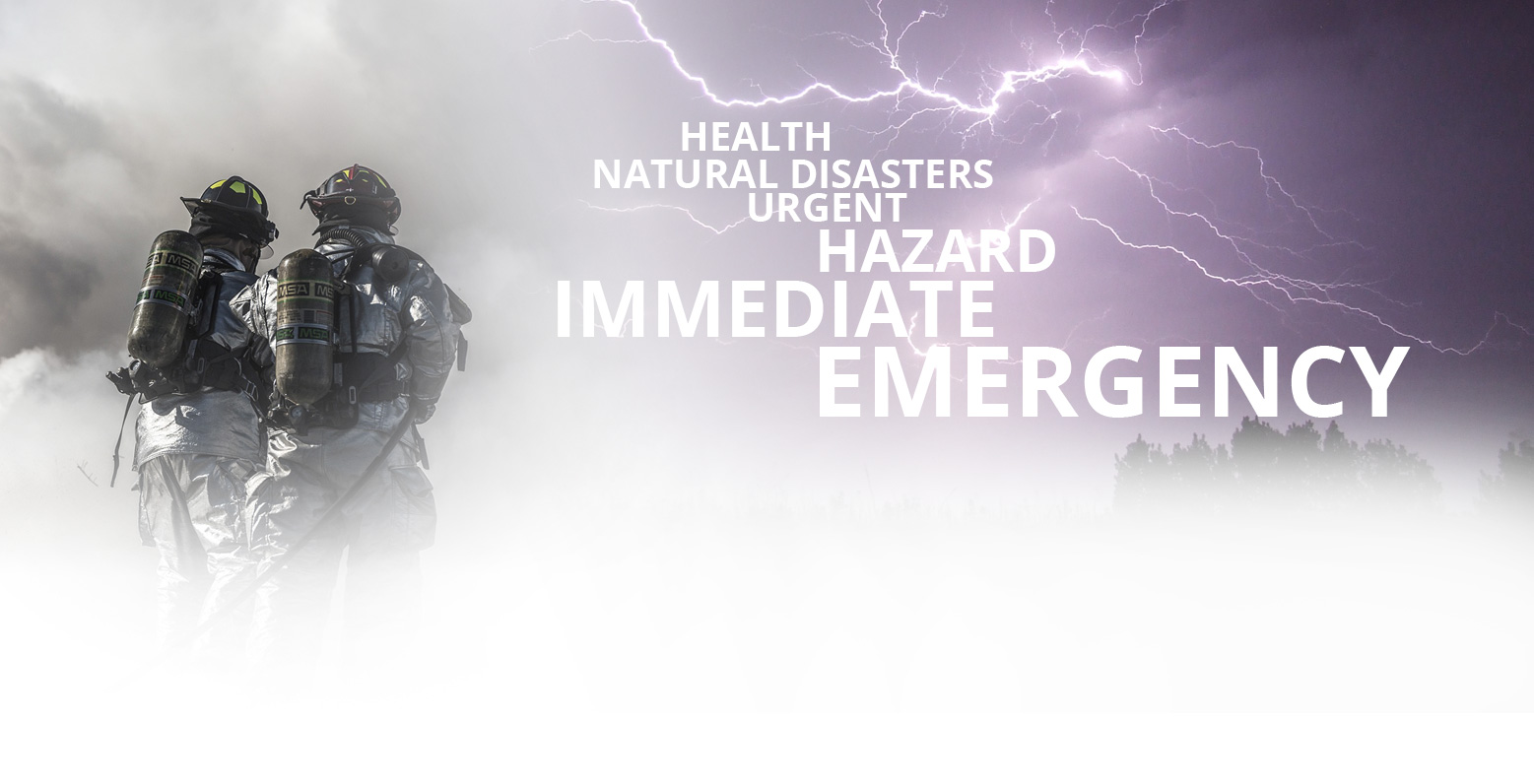Enterovirus D68 (EV-D68)
What are Enteroviruses?

Enteroviruses are some of the most common causes of illness in the United States, infecting 10-15 million Americans each year. Most people who are infected with enteroviruses do not show symptoms and do not get sick; those who do get infected usually only experience mild illnesses, such as the common cold. In the U.S., most illness caused by enterovirus occurs in the late summer and fall.
What is Enterovirus D68?
Enterovirus D68 (EV-D68) is not a new virus. It is one of more than 100 non-polio enteroviruses and was first identified in California in 1962. Symptoms for EV-D68 can range from mild to severe respiratory illness. The illness mostly affects infants, children and teenagers because they do not yet have immunity (protection) from previous exposures to these viruses. Adults can get infected with enteroviruses, but they are more likely to have no symptoms or mild symptoms.
What are the symptoms of EV-D68 infection?
EV-D68 can cause mild to severe respiratory illness. Many people do not have symptoms of enterovirus infection.
- Mild symptoms may include fever, runny nose, sneezing, cough, and body and muscle aches.
- Severe symptoms may include wheezing and difficulty breathing.
Anyone with respiratory illness who is having difficulty breathing or whose symptoms are getting worse should call their health care provider.
How does the virus spread?
EV-D68 is spread by secretions from the nose and mouth, such as saliva and mucus, or through stool. You can be exposed to EV-D68 through the following:
- Close contact with an infected person (touching or shaking hands);
- Touching objects or surfaces that have the virus on it;
- Drinking water that has the virus in it (such as sharing a water container with an infected person);
- Changing diapers of an infected person.
How common is EV-D68 in the United States?
In general, a mix of enteroviruses circulates every year, and different types of enteroviruses can be common in different years. Small numbers of EV-D68 have been reported regularly to CDC since 1987. However, this year, the number of people reported with confirmed EV-D68 infection is much greater than that reported in previous years.
Prevention
Currently, there is no FDA-approved vaccine for the prevention of EV-D68. Since many people do not have symptoms, EV-D68 can be easily spread from person to person. To help protect yourself and your family please do the following:
- Wash your hands often with soap and water, especially after using the toilet and changing diapers,
- Avoid touching eyes, nose and mouth with unwashed hands,
- Avoid kissing, hugging, and sharing cups or eating utensils with people who are sick,
- Avoid close contact such as touching and shaking hands with people who are sick,
- Clean and disinfect (with normal household cleaners) frequently touched surfaces (e.g., door knobs, toys, desk space, telephones, etc.), and
- Cover your mouth with your upper arm when coughing and/or sneezing.
It is important to follow the above at all times to reduce the risk of spreading the virus even if you do not know you have it.
People with asthma (or parents of children with asthma) should do the following things:
- Discuss and update your asthma action plan with your health care provider,
- Take asthma medications as directed, especially long term control medication.
- Keep your emergency medication with you.
- Get a flu shot to keep from getting the flu and being more at risk to enterovirus infection.
- If you develop new or worsening asthma symptoms, follow the steps of your asthma action plan. If your symptoms do not go away, call your doctor right away.
- Parents should make sure the child’s caregiver and/or teacher is aware of the child’s condition, and know how to help if the child has any symptoms related to asthma.
Treatment
There is no specific treatment for EV-D68. People with mild illness typically feel better by treating their symptoms with over the counter medication. Aspirin should NOT be given to children. However, some people with severe respiratory illness may need to be hospitalized.
Additional Information
Additional information about EV-D68 can be found on the CDC’s website at: https://www.cdc.gov/non-polio-enterovirus/about/ev-d68.html . You may also contact the Stanislaus County Health Services Agency at 209-558-5678.








